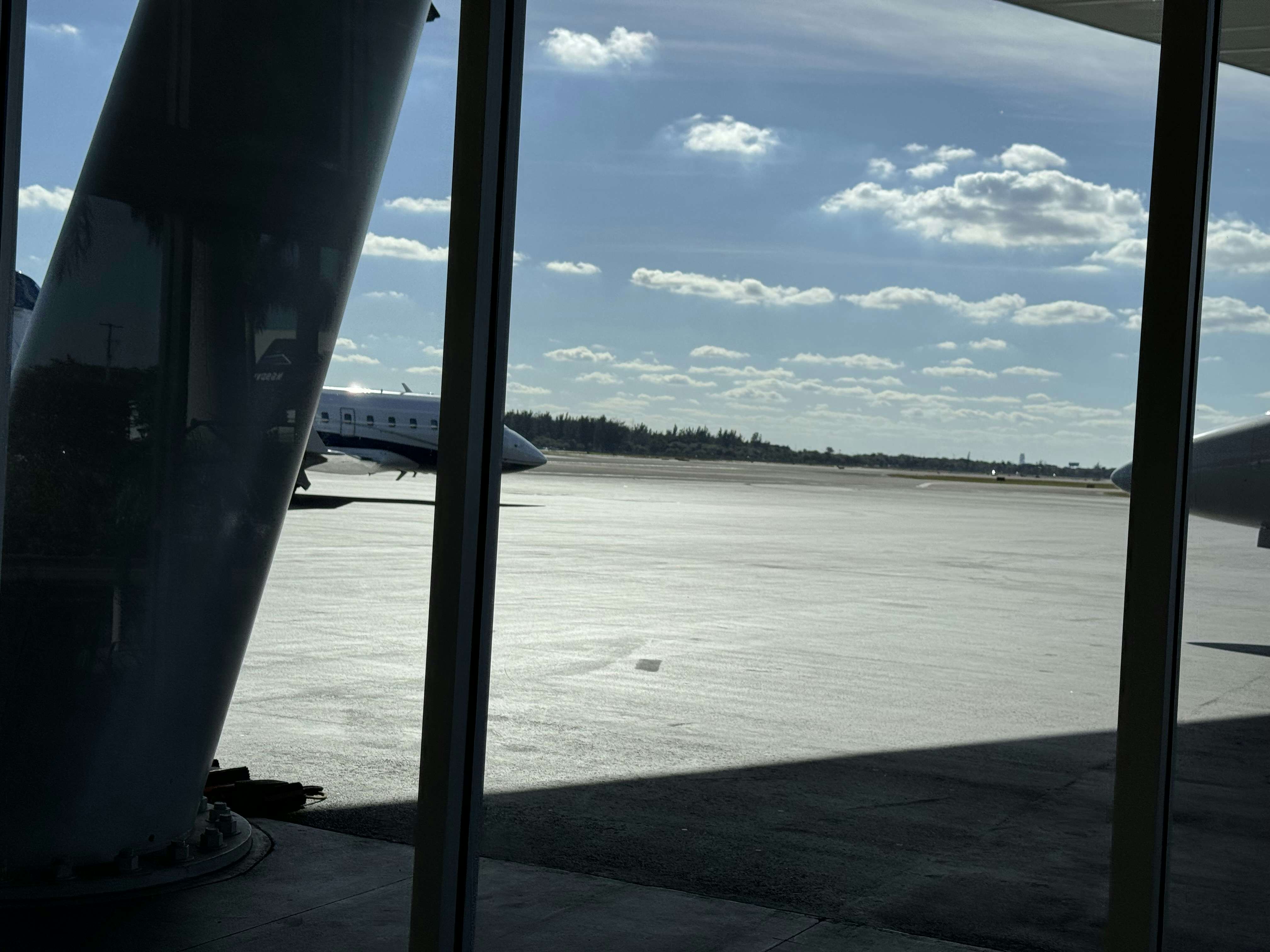Campbell Oil Company, Executive Aircraft Services, Inc. (of North Carolina), or EAS, Brian D. Campbell, and David Taylor Stephens have agreed to pay $700,000 to resolve allegations that they conducted illegal charter flights.
Illegal charter risks
The allegations covered flights on a Beechcraft 200, Cessna 525, and Cessna 525A.
Most flights were in the Southeast, but some reached as far north as Teterboro Airport, a busy airport with challenging approaches.
There were also overwater flights to the Bahamas.
Other flights were to airports with short runways.
According to the National Business Aviation Association, “A typical Part 135 operator must plan to land on a maximum of 60 percent of the most likely runway, which means the weather, available approach, and runway conditions at the time of departure must reasonably be expected so that the aircraft will come to a full stop within 60 percent of the available runway.”
For example, there were multiple Cessna 525A to Mustang Beach Airport, which has a 3,482-feet runway, which would have been under the minimum requirements as outlined by NBAA.
READ: Pilots in deadly 2018 illegal charter crash were unqualified
According to the settlement, “[F]actual and legal assertions are allegations only, and there has been no admission or judicial determination of liability. The civil settlement agreement is not an admission of any liability by defendants, nor a concession by the United States that its potential claims were not well-founded.”
The U.S. Attorney’s Office for the Eastern District of North Carolina announced the move earlier this week.
According to a DOJ press release, “The settlement resolves allegations…that, beginning at least as early as April 2017 and through March 2019, the defendants operated more than 150 paid, passenger-carrying flights in violation of Federal Aviation Administration safety regulations.”
It continues:
“Federal law recognizes two types of aircraft leases: wet leases, in which an aircraft lessor also provides crew and other services, and dry leases, in which an aircraft lessor provides only the aircraft. The Federal Aviation Administration requires that lessors who make aircraft available pursuant to wet leases satisfy heightened safety and certification requirements. Pilots who conduct flights pursuant to wet leases also must satisfy heightened requirements for training, testing, and competency. Federal law further requires commercial operators—individuals or entities that hold themselves out as willing to transport person or property for compensation—to comply with those same heightened certification and safety standards.”
‘Sham’ leases
The DOJ alleged that Campbell Oil and EAS entered “sham” dry lease agreements.
According to the announcement, the defendants claimed to lease aircraft without a pilot or other services.
The government said the leases were, in substance, wet leases because Campbell Oil and EAS, through their President Brian Campbell, allegedly made the aircraft available to their customers in conjunction with pilot services offered by David Stephens and other pilots with whom the defendants had relationships.
That meant the flights were operated “without complying with the heightened safety and certification standards mandated by law for wet leases and commercial operators.”
The DOJ continued, “Defendants allegedly also held themselves out to the public as offering air charter services, including by paying commissions to Stephens for soliciting customers for the air charter business.”
The original complaint alleges, “Campbell, Campbell Oil, and EAS do not presently hold an air carrier or commercial operator certificate, or operations specifications, issued by the FAA. Campbell, Campbell Oil, and EAS also lacked an air carrier or commercial operator certificate or operations specifications issued by the FAA during the period April 8, 2017, through March 20, 2019.”
It continued, “Stephens does not presently hold an air carrier or commercial operator certificate or operations specifications issued by the FAA. Stephens also lacked an air carrier or commercial operator certificate or operations specifications issued by the FAA from April 8, 2017, through March 20, 2019.”
READ: FAA issues notice on Illegal Charter: ‘Putting the flying public in danger’
What’s next?
According to the DOJ, those charged are no longer operating the aircraft leasing business that was the subject of the allegations resolved in the settlement.
The case was coordinated between the United States Attorney’s Office for the Eastern District of North Carolina and the Federal Aviation Administration.
The allegations were contained in the March 10, 2023, complaint United States v. Campbell Oil Company.
Attorneys representing the defendants did not respond to a request for comment.
Editor’s Note at 5:16 pm on March 22, 2024: After publication, an attorney for the defendants issued the following statement:
“EAS and Campbell Oil have made a business decision to resolve the FAA’s five-year investigation of an aircraft dry leasing business they terminated back in March 2019. In settling the FAA’s legal action, EAS and Campbell Oil strenuously deny that they violated any Federal law or regulation. This case presents a textbook example of government overreach. EAS and Campbell Oil leased aircraft to sophisticated business owners who hired their own qualified pilots to operate their flights. EAS and Campbell Oil have long enjoyed positive working relationships with FAA personnel throughout North Carolina. EAS and Campbell Oil voluntarily provided the leases at issue to the North Carolina-based FAA personnel before any flight was ever taken. The North Carolina-based FAA personnel reviewed the leases and communicated that they were in compliance with Federal law and aviation regulations.
Despite these leases being reviewed and approved by the North Carolina-based FAA personnel, an FAA official from another jurisdiction and others unfairly targeted these companies to make an example of them in furtherance of a new national initiative. The Government’s case seized on technicalities and ambiguities in the applicable regulations and backed EAS into an impossible position—pay millions of dollars to clear its name or pay hundreds of thousands of dollars to resolve the case without admitting liability. EAS and Campbell Oil feel strongly that their conduct was in full compliance with Federal regulations but, after five years of defending the Government’s investigation and civil enforcement action, they simply made a business decision to settle the lawsuit and move forward with more constructive endeavors.”












